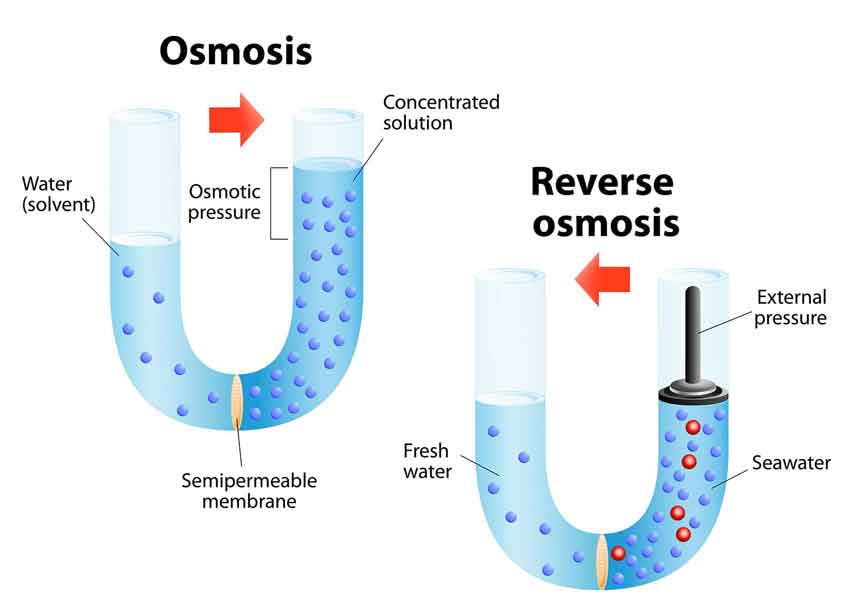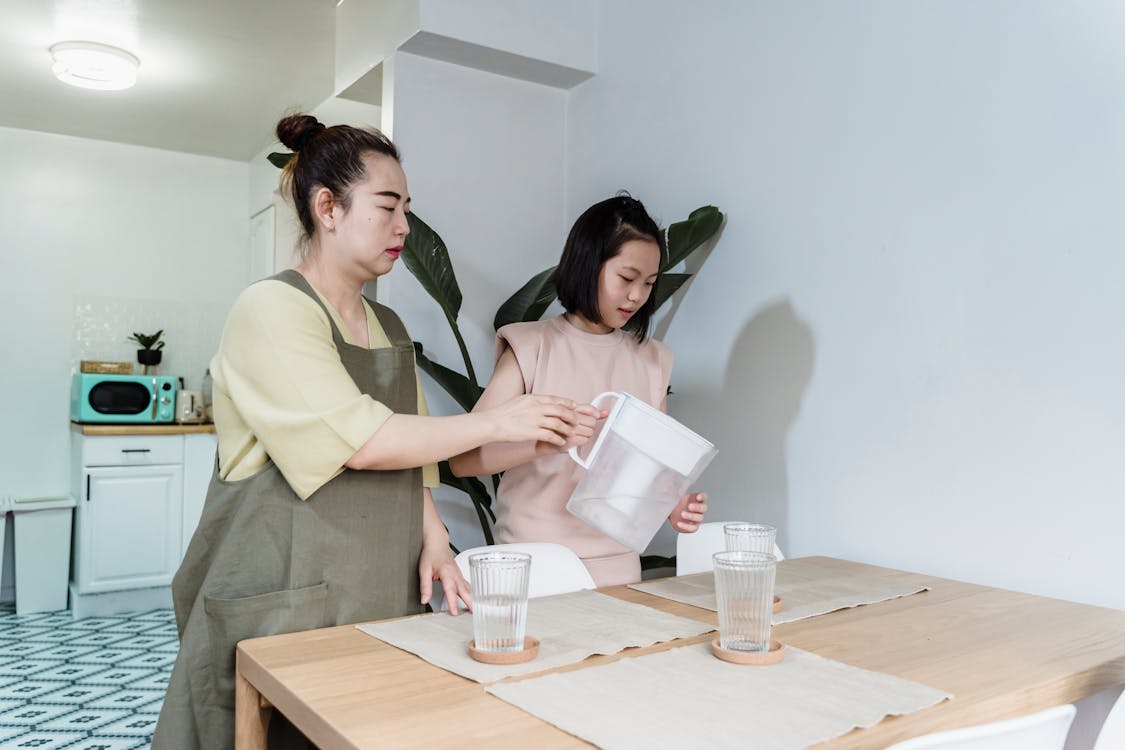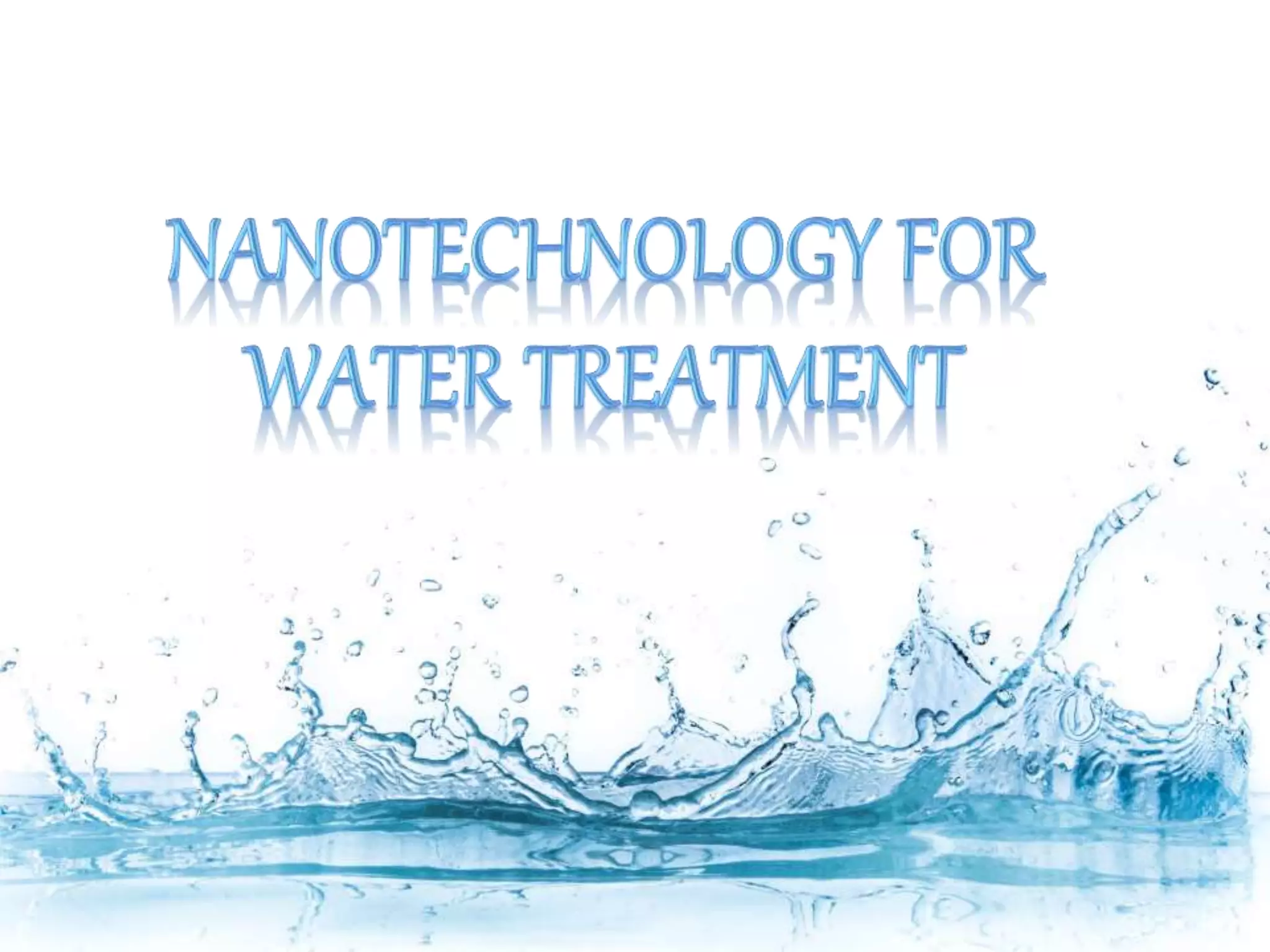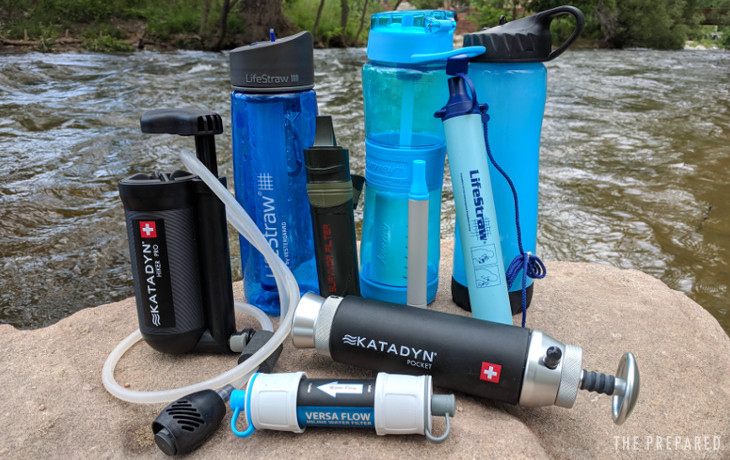The Water Hardness and Filtration Connection: Finding Balance

Water is a fundamental element of our daily lives, but not all water is created equal. Water hardness, caused by high mineral content, can lead to various issues ranging from appliance damage to skin and hair problems. In this article, we’ll dive deep into understanding water hardness, its impact, and the filtration methods available to help you find the right balance for your water.
Understanding Water Hardness
Water hardness refers to the concentration of calcium and magnesium ions in your water. These minerals naturally dissolve as water flows through rock and soil, contributing to its hardness. The higher the concentration of these minerals, the harder the water.
The Impact of Hard Water
On Appliances and Plumbing
Hard water can wreak havoc on your appliances and plumbing. The calcium and magnesium deposits, known as scale, can accumulate in your pipes and appliances, reducing their efficiency and lifespan.
On Your Skin and Hair
Bathing in hard water can lead to dry, itchy skin and dull, brittle hair. The mineral buildup on your skin and hair can make it challenging to achieve that fresh and clean feeling.
Water Filtration Methods
To combat the problems associated with hard water, various filtration methods are available. Here are three popular options:
Ion Exchange
Ion exchange water softeners replace calcium and magnesium ions with sodium ions, effectively softening the water. They’re highly effective but may lead to increased sodium levels in your water.
Reverse Osmosis
Reverse osmosis systems use a semipermeable membrane to filter out impurities, including minerals. They provide excellent water quality but can be costly to install and maintain.
Water Softeners
Water softeners are dedicated appliances that remove hardness minerals. They require regular regeneration with salt or potassium chloride to function correctly.
Finding the Right Filtration System
Selecting the right filtration system involves considering several factors:
Assessing Your Water
Start by testing your water hardness to determine the severity of the problem. This will guide your choice of filtration method.
Budget Considerations
Evaluate your budget and ongoing maintenance costs. Some filtration systems are more affordable upfront but may have higher operational expenses.
Environmental Impact
Consider the environmental impact of your choice. Some systems, like reverse osmosis, generate wastewater, while others, like ion exchange, may discharge salt into the environment.
Installation and Maintenance
Decide whether you’ll install the filtration system yourself or hire a professional. Additionally, understand the maintenance requirements of your chosen system to ensure it continues to function effectively.
Benefits of Softened Water
Investing in a water softening system comes with several benefits:
Improved Appliance Lifespan
Softened water reduces scale buildup, extending the lifespan of your appliances and plumbing.
Healthier Skin and Hair
Softer water is gentler on your skin and hair, leaving you feeling refreshed and clean after every shower.
Common Misconceptions
Salt Consumption
There’s a common misconception that softened water is high in salt. While salt is used in the regeneration process, the amount is typically low and safe for consumption.
Taste and Potability
Softened water doesn’t affect the taste or potability of your water. In fact, many people prefer the taste of soft water.
Case Studies
Explore real-life experiences of individuals who have installed water softeners and how it has improved their daily lives.
How to Measure Water Hardness
Learn about testing kits and how to use them to measure the hardness of your water.
DIY Water Softening
Discover natural remedies and DIY methods to reduce water hardness if you’re on a tight budget.
Alternative Solutions
Explore other options, such as magnetic water conditioners and electronic descalers, to address water hardness.
Environmental Considerations
Understand the environmental impact of your choice, including sodium discharge and waste reduction strategies.
Conclusion
Achieving the right balance in water hardness and filtration is essential for the well-being of your appliances, your skin, and your hair. By understanding the options available and considering your specific needs and circumstances, you can enjoy the benefits of softened water while minimizing any potential drawbacks.
FAQs
- How often should I test my water hardness? Regular testing is recommended, especially if you notice changes in water quality.
- Are water softeners safe for the environment? It depends on the type of softener and its maintenance. Some systems are more environmentally friendly than others.
- Can I install a water softener myself? DIY installation is possible for some systems, but professional installation ensures optimal performance.
- What are the signs of hard water? Look out for scale buildup on faucets and appliances, as well as dry skin and brittle hair.
- Do magnetic water conditioners really work? Magnetic conditioners have mixed reviews, and their effectiveness may vary depending on your water quality. Consider other options for guaranteed results.












